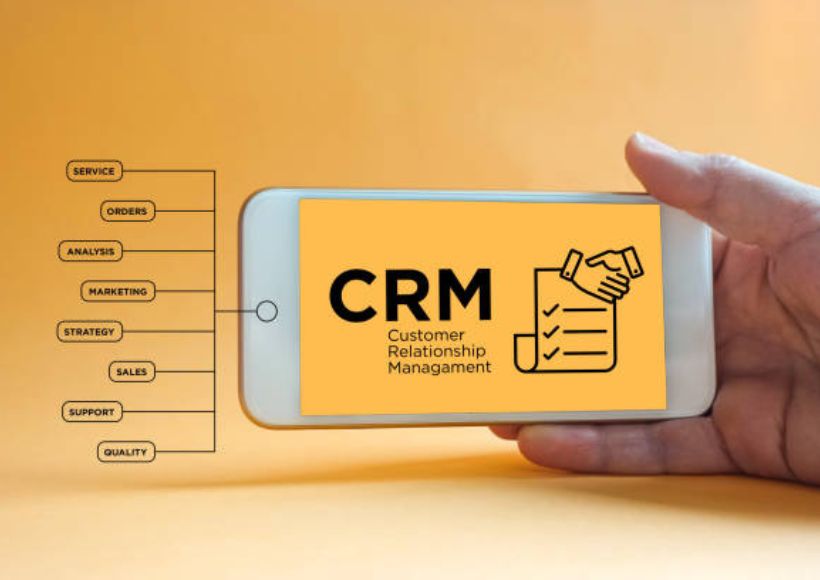What Is The CRM Strategy?

What Is The CRM Strategy? CRM stands for “Customer Relationship Management,” that is, the management of the relationship with the client that every brand must have to continue on its path to success. As a digital marketing agency, we know that efficiently managing the relationship with the client goes much further. It is a 360º management within a consolidated digital strategy.
Know The CRM Strategy.
It is a strategy whose main objective is to build customer loyalty, optimizing each of the customer’s interactions with the company. Thus, the primary objective of this strategy is to increase the brand’s profitability by focusing on customers’ needs.
If we talk about the main objective of this strategy is to make all those existing assets profitable, thus increasing the brand’s income. Therefore, as a digital strategy agency, having a CRM strategy improves sales and reinforces the marketing strategy, allowing us to improve service with all clients.
In other words, new clients will be obtained, and the existing ones will be loyal, generating a win-win for both the brand and the client. And it is that the users will receive a better service and obtain the products/services they want as they want and when they want.
Thus, as a digital marketing agency, we know that to carry out a CRM strategy correctly, the participation of many of the people that make up the company is needed.
CRM Strategy Is Much More Than A Strategy
Carrying out this strategy involves a change in the company’s philosophy since it is about focusing and dedicating oneself to and for customers’ needs. Therefore, all those companies that focus on the product must turn around and start listening to the customer since they will be the protagonist and the ones who will determine with their actions the direction that commercial actions should take.
Thus, we can affirm as a digital strategy agency that these strategies are the basis of current relationship marketing, one in which the client is the essential value of the brand, which is why they are collected and recorded through web analytics tools and others. All the data, whether needs, trends, or behavior models. Some data will be essential for the different web positioning actions, AdWords campaigns, or editorial lines for the different RRSS.
Thus, with this action, it is intended to advance hand in hand with the user, adjusting the products at all times in anticipation and offering solutions to their needs. This model makes it possible to react quickly to changes and developments in different market niches. That is, the customer’s trust in the brand will be strengthened, leading to their buying more regularly.
Types Of CRM Strategy
Operational CRM: The software allows the CRM strategy to relate to all processes, both the back and front offices.
Analytical CRM: This management program stores customer data and manages it so that it can be used by the company when it deems it appropriate.
Strategic CRM: It consists of improving the customer experience so that all the actions carried out in the brand are to improve the user experience, an aspect that we consider essential as digital marketing agencies.
Collaborative CRM: It is a type of strategy that encompasses both technology and communication, capable of generating interactions between users and brands since it offers them different channels and tools to retain and manage their needs.
Advantages Of A CRM Strategy
The efficiency with the user: The brand can quickly solve problems with this technology since communication will be much more fluid.
User identification: The different users who are having an interaction with the brand can be quickly identified. Therefore, this is a crucial aspect of suggesting services and products to customers, that is, to have a cross-selling strategy.
Coordination of marketing strategies: Achieve the acquisition of new customers, streamlining sales processes thanks to favoring a more fluid conversation. Thus, by knowing the purchasing behavior and communication with the marketing team, all actions increase the degree of personalization.
Optimization of sales processes: Thanks to sales optimization processes, conversion rates are improved to help customers during their purchase process.
Information in real-time: Information about the user can be obtained from anywhere and with any device so that personalized attention can be offered to their needs at each process stage.
Increased productivity: The user data collection system and all the factors involved in the sales process can increase the company’s productivity, thus generating a better return on investment.




